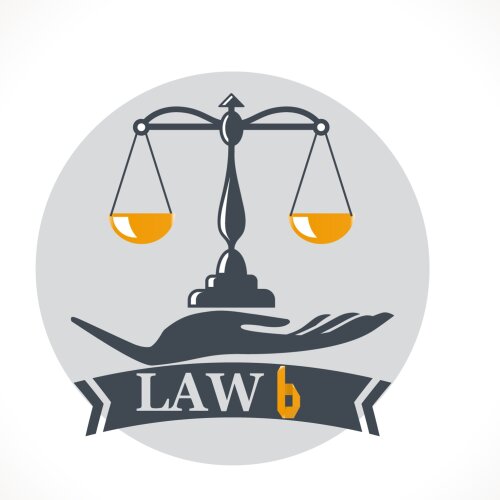Best Real Estate Contracts and Negotiations Lawyers in Islamabad
Share your needs with us, get contacted by law firms.
Free. Takes 2 min.
Free Guide to Hiring a Real Estate Lawyer
List of the best lawyers in Islamabad, Pakistan
About Real Estate Contracts and Negotiations in Islamabad, Pakistan
Real Estate Contracts and Negotiations in Islamabad, Pakistan involve several regulations and aspects governed by the Transfer of Property Act of 1882 and the Registration Act of 1908. The Land Revenue Act 1967 also plays an important role in governing how real estate transactions and negotiations are managed. The process is often complex and requires a clear understanding of the local real estate market, property laws and regulations, and negotiation principles.
Why You May Need a Lawyer
Legal assistance in real estate transactions is crucial in ensuring that all legal aspects are well addressed. Lawyers are needed to draft and review contracts, conduct due diligence, handle property registration, mediate negotiations, provide advice on tax implications, and represent clients in case of disputes or litigation. In complicated legal scenarios, such as alienation of property, property partition, or foreclosure, hiring a lawyer becomes indispensable.
Local Laws Overview
In Pakistan, the Transfer of Property Act 1882 primarily governs the real estate sector with aspects like sale, lease, mortgage, and exchange of immovable property. The Registration Act 1908 ensures proper document recording and authenticity of transactions. The Contract Act 1872 plays a significant role in upholding the sanctity of the contract. In Islamabad, Capital Development Authority (CDA) is responsible for overseeing property transactions and developments.
Frequently Asked Questions
1. Is a written contract mandatory for all real estate transactions?
Yes, the Registration Act 1908 of Pakistan necessitates a written contract that should be properly stamped and registered.
2. What if someone breaches the real estate contract?
In such cases, the matter is usually resolved legally. You can file a case for the specific performance of the contract. The law may award damages and, or enforce the contract.
3. Can a non-resident Pakistani buy property in Islamabad?
Yes, non-resident Pakistanis have the right to buy property in Islamabad, subject to adherence to certain conditions and local laws.
4. What are the common disputes in real estate transactions?
Common disputes include breach of contract, property fraud, delay in possession, land encroachment, and title disputes.
5. What are the taxes associated with real estate transactions?
Various taxes are associated with property transactions including stamp duty, capital gains tax, and withholding tax. Tax rates may depend upon the property's value and your status as a filer or non-filer of income tax returns.
Additional Resources
The Capital Development Authority (CDA), Islamabad Capital Territory Revenue Department, and Punjab Land Records Authority are credible sources of information and assistance on real estate transactions in Islamabad. Moreover, informative websites like Zameen.com could provide insights into the current real estate market.
Next Steps
If you require legal assistance in real estate contracts and negotiations, you should consult a reputable lawyer who specializes in real estate law in Islamabad. Preparing all your property-related documents and clearly articulating your specific requirements to your lawyer would expedite the process as well.
Lawzana helps you find the best lawyers and law firms in Islamabad through a curated and pre-screened list of qualified legal professionals. Our platform offers rankings and detailed profiles of attorneys and law firms, allowing you to compare based on practice areas, including Real Estate Contracts and Negotiations, experience, and client feedback.
Each profile includes a description of the firm's areas of practice, client reviews, team members and partners, year of establishment, spoken languages, office locations, contact information, social media presence, and any published articles or resources. Most firms on our platform speak English and are experienced in both local and international legal matters.
Get a quote from top-rated law firms in Islamabad, Pakistan — quickly, securely, and without unnecessary hassle.
Disclaimer:
The information provided on this page is for general informational purposes only and does not constitute legal advice. While we strive to ensure the accuracy and relevance of the content, legal information may change over time, and interpretations of the law can vary. You should always consult with a qualified legal professional for advice specific to your situation.
We disclaim all liability for actions taken or not taken based on the content of this page. If you believe any information is incorrect or outdated, please contact us, and we will review and update it where appropriate.

















